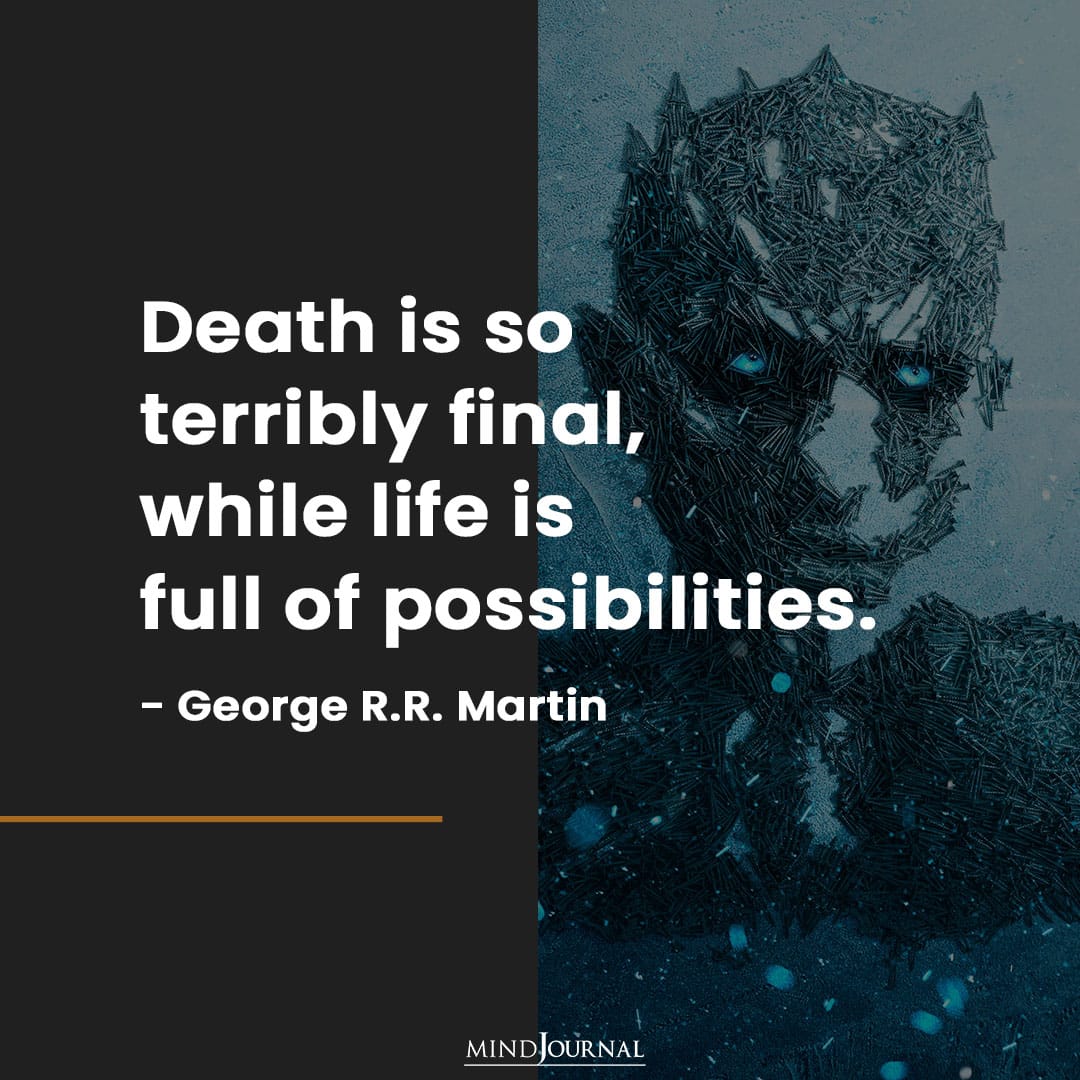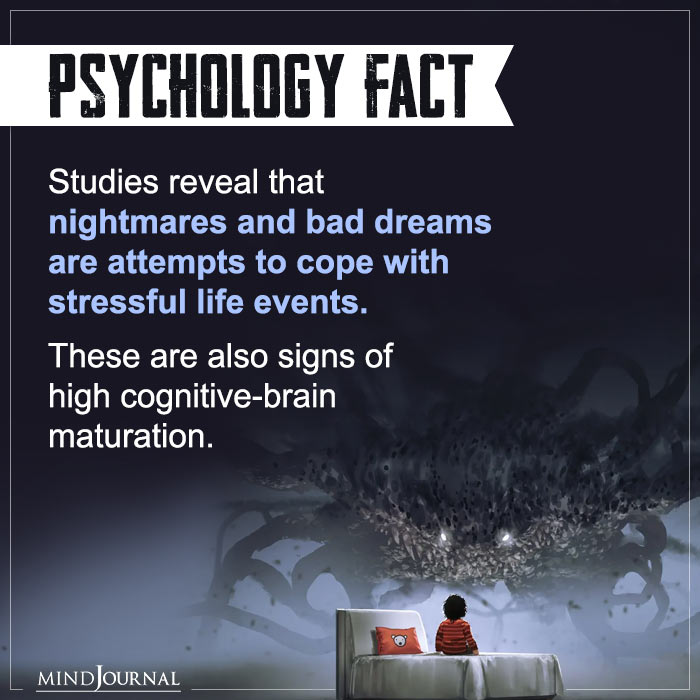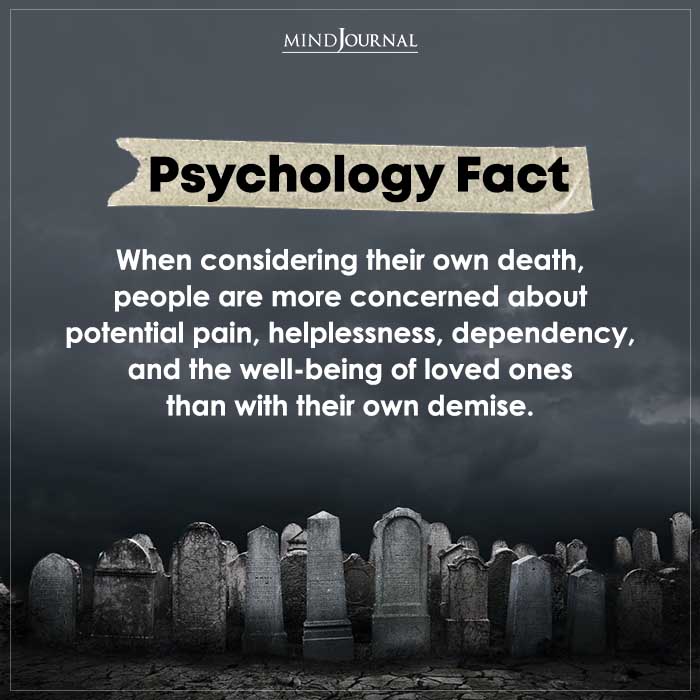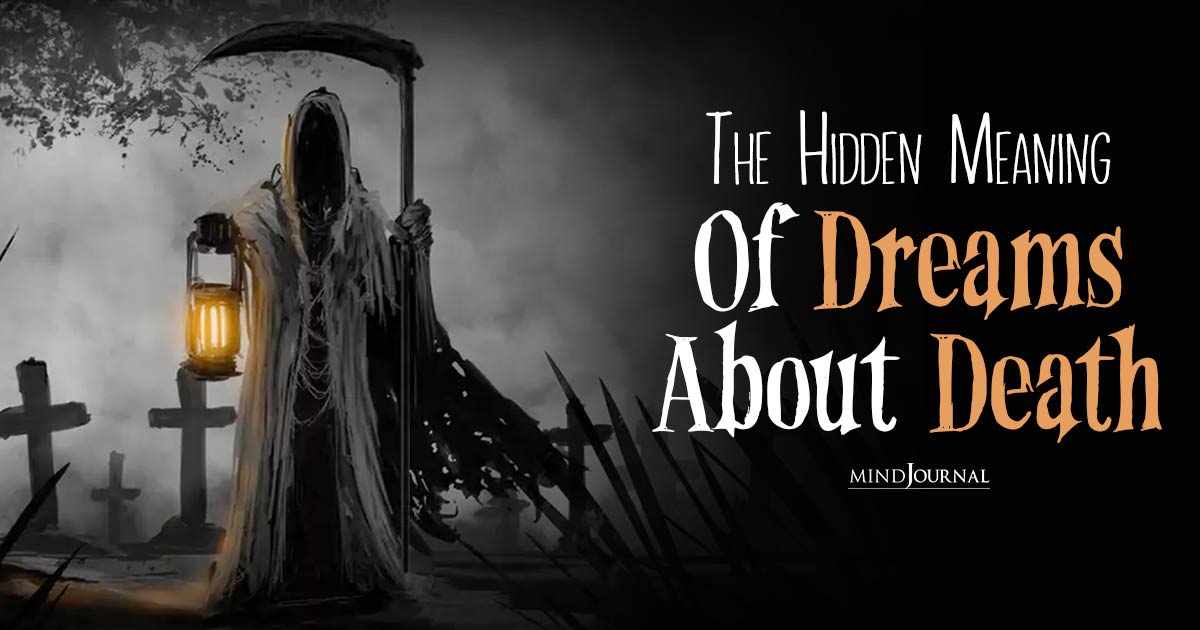Have you ever dreamed of death? It must have left you anxious and scared. Learning about the meaning of dreams about death can help you attain a higher perspective!
Dreams have long fascinated humans, offering a mysterious glimpse into the workings of our subconscious minds. One common theme that can evoke strong emotions is dreams about death.
These dreams often leave individuals feeling unsettled and curious about their significance.
For centuries, people have sought to unravel the enigmatic meaning of dreams about death, delving into symbolism, psychology, and various cultural interpretations.
While the interpretation of dreams is highly subjective, exploring common themes and symbols can provide insight into the profound and symbolic messages that dreams about death may convey.
So, what do dreams about death mean? Let’s unveil the veiled!
Read 15 Weird and Interesting Facts about Dreams
Exploring The Meaning Of Dreams About Death
If you keep asking yourself “Why do I keep having dreams about death?” after waking up every morning, the below-given explanations will surely bring some clarity.

1. Spiritual Meaning Of Dreams About Death:
Dreams of death, in the context of spirituality, rarely represent literal mortality. Instead, it typically symbolizes change, transformation, or the end of a significant phase in one’s life.
Death from a spiritual aspect actually represents ego death; the shedding of old skin and unlearning bias and limited beliefs.

Dreams involving death are often metaphorical, inviting us to explore our emotions, fears, and anxieties surrounding life’s transitions and uncertainties.
2. Psychological Interpretations of the Meaning of Dreams About Death:
Besides the spiritual meaning of dreams about death, we can interpret dreams from the psychological point of view as well. Dreams about death frequently emerge during times of personal growth, transition, or when facing difficult decisions.
Psychologists suggest that such dreams may reflect the need to let go of outdated aspects of ourselves, relationships, or situations to make way for personal evolution.
They can also symbolize the fear of losing someone or something important, such as a loved one, a job, or a cherished belief.
3. Exploring Subconscious Fears and Anxieties:
If you’re asking yourself “Why do I keep having dreams about death?”, then first try to find out what deep-lying fears you have in your subconscious.
Dreams about death may tap into deeper fears and anxieties we carry within our subconscious minds. They may reflect the fear of the unknown, the fear of change, or the fear of losing control over our lives.
These dreams can serve as valuable opportunities for self-reflection, allowing us to confront and address our fears, ultimately leading to personal growth and self-awareness.

4. Cultural and Symbolic Interpretations:
Throughout history, various cultures have assigned unique meanings to dreams about death. For instance, in some traditions, dreaming of death is viewed as an auspicious sign, symbolizing rebirth, spiritual awakening, or the beginning of a new chapter.
In contrast, other cultures perceive death-related dreams as warnings of impending danger or a reflection of unresolved guilt or grief.
Read 20 Interesting And Mysterious Facts About Dreams You Probably Didn’t Know
5. Analyzing Common Dream Scenarios:
While dreams about death take diverse forms and narratives, certain recurring scenarios offer insight into their potential meanings. So, what do dreams about death mean?
I) Dreams about the Death of Family Members:
Dreams involving the death of family members can be particularly distressing, as they strike at the core of our emotions. However, it is important to understand that these dreams are not literal predictions of someone’s demise.
Instead, they often symbolize changes or transformations within the family dynamic. They may indicate shifting roles, changing relationships, or the need to let go of past grievances and embrace new beginnings.
II) Dreams about the Death of Someone Else:
Dreams about the death of someone outside of our immediate family can be equally perplexing. In such dreams, the individual who passes away often represents a certain aspect of our own personality, a relationship, or an emotional connection.
These dreams may suggest that we are coming to terms with the end of a specific phase in our lives or experiencing a shift in our personal growth and development.
III) Dreams about the Death of Self:
Dreams about our own death can be intense and unnerving, but they rarely signify an impending demise. Rather, they usually symbolize the need for personal transformation, shedding old beliefs or behaviors, and embracing a new chapter.
These dreams may reflect a desire for change, self-reflection, or a subconscious recognition of the impermanence of life. They can also serve as a reminder to live fully in the present moment.

IV) Dreams about the Death of a Spouse:
Dreams about the death of a spouse can evoke strong emotions and fear of loss. However, they often represent a need for emotional growth and increased independence within the relationship.
These dreams may indicate a desire for more autonomy, the need to address unresolved issues or a reflection of anxieties related to the well-being of the partner. They can serve as a wake-up call to nurture the relationship and engage in open communication.
V) Dreams about the Death of Parents:
Dreams about the death of parents can be emotionally charged, triggering feelings of grief and vulnerability. These dreams often symbolize the desire for greater independence, breaking free from parental influence, or a need to resolve conflicts.
They may also signify the transition into a new phase of life or the acceptance of the aging process. Exploring these dreams can provide valuable insights into our relationship with our parents and ourselves.
VI) Dreams about the Death of a Child:
Dreams about the death of a child can be particularly distressing and evoke deep-seated fears. However, they rarely predict actual events.
These dreams often symbolize the fear of losing innocence, nurturing aspects of our personality, or the need to protect vulnerable aspects of ourselves.
They may also reflect concerns about the well-being and safety of our children or a desire for increased emotional connection with them.
6. Understanding Personal Context:
Interpreting dreams about death goes beyond analyzing symbols and scenarios; it necessitates considering one’s personal context.
Factors such as recent experiences, emotional state, and life circumstances significantly influence dream symbolism. Reflecting upon the emotions and associations evoked by the dream can shed light on its unique meaning within an individual’s life.
Read Dark Night Of The Soul:12 Signs You’re Experiencing Spiritual Death And Rebirth
Embrace The Change
Dreams about death can be emotionally charged and leave us pondering their meaning. However, it is essential to approach them with an open mind and recognize that they are not literal prophecies.
Instead, dreams about death often symbolize various aspects of our lives, such as transformation, change, growth, and the need for emotional exploration.
While the meaning of dreams about death can be highly subjective, understanding the symbolism, psychological aspects, and cultural interpretations surrounding such dreams can offer valuable insights into our subconscious fears, desires, and personal growth.
Embracing these dreams as opportunities for self-reflection allows us to better comprehend and navigate life’s transitions, unlocking new perspectives and profound understanding along the way.
By exploring the underlying themes and emotions within these dreams, we can gain valuable insights into our own subconscious and navigate the challenges and opportunities that life presents
Frequently Asked Questions
What is the psychological explanation of dreams?
Freud believed that dreams represent the fulfillment of unconscious desires, while the activation-synthesis theory suggests that dreams arise from random brain activity during REM sleep. While there is no consensus, these theories offer insights into the potential psychological processes underlying dreams.
What is the meaning of soul death?
In spirituality, soul death or spiritual death is the breaking of connection with the Source or God. It’s losing your authentic self and going astray from your spiritual path.
What is death in spirituality?
Death in spirituality means transformation. It refers to the shedding of your old self and dated belief system and emerging or being reborn as a more empowered individual.










Leave a Reply